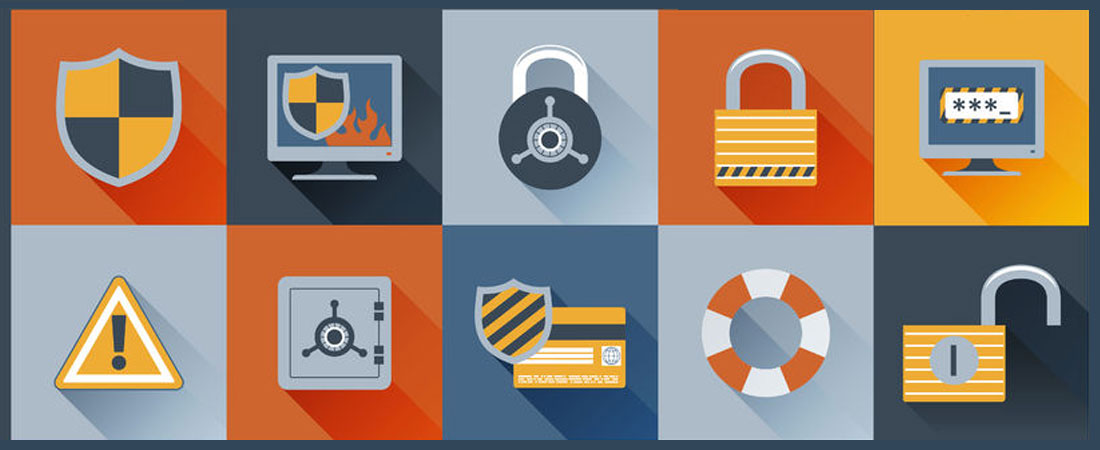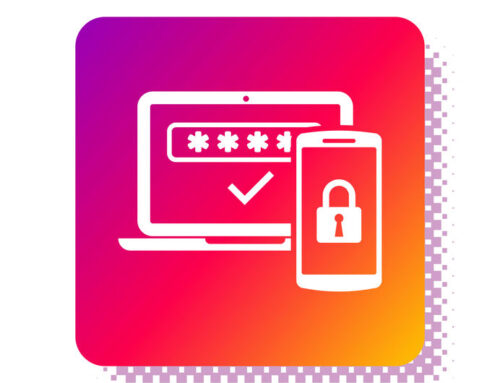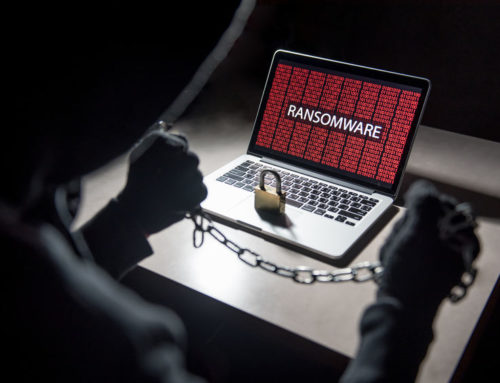 We have written numerous blog posts on Internet safety, but the ever-increasing amount of cyber attacks and malicious ransomware require that we keep you up to date on how to keep you and your business or organization safe. Ransomware is the most dangerous and growing threat today. We have seen clients without a good BDR (Backup Disaster Recovery) crippled or severly hampered by ransomware.
We have written numerous blog posts on Internet safety, but the ever-increasing amount of cyber attacks and malicious ransomware require that we keep you up to date on how to keep you and your business or organization safe. Ransomware is the most dangerous and growing threat today. We have seen clients without a good BDR (Backup Disaster Recovery) crippled or severly hampered by ransomware.
Not only do they lose valuable time and money, they are sometimes forced to purchase bitcoins to retrieve their data at a very high cost. Just this week, The Washington Post reported that the huge MedStar Health System was hit with a virus that looks to have similarities to the Locky ransomware virus. The section chief at the FBI’s Cyber Division, Chris Stangl, stated that many of the criminals are currently from Eastern Europe and are targeting small-to medium-sized businesses.
“It’s kind of moved, as the actors have become more sophisticated, to small-to medium-sized businesses.” (Chris Stangl, FBI, washintonpost.com)
There are so many variations of ransomware viruses. We have written about some, but we could now not even list them all. The best prevention is the best BDR. In addition, here are some important tips to pass on to you and your employees. One little slip from one employee could shut down your system, so please pass these on.
Browsing the Internet: How to Stay Safe
- Do not download any file or browse any site that you don’t completely trust. Much of ransomware is being distributed through emails that look like an express delivery email or receipt of an online payment.
- Keep your antivirus up to date.
- Complete all backups and keep them current. Back up on a regular basis. If possible, invest in a good BDR. With it, your system could be back up in 15 minutes.
- Use only safe and trusted browsers.
- Do not open email attachments that your are not positive are okay.
- Don’t click on unfamiliar emails.
- Be very careful when asked to fill out personal information, such as credit card account numbers.
- Clear your browser cache on a regular basis to free up hard drive space.
- Be careful when using download managers. They can also have download malware in the background.
- Do not disclose your password to anyone and change your passwords regularly.






